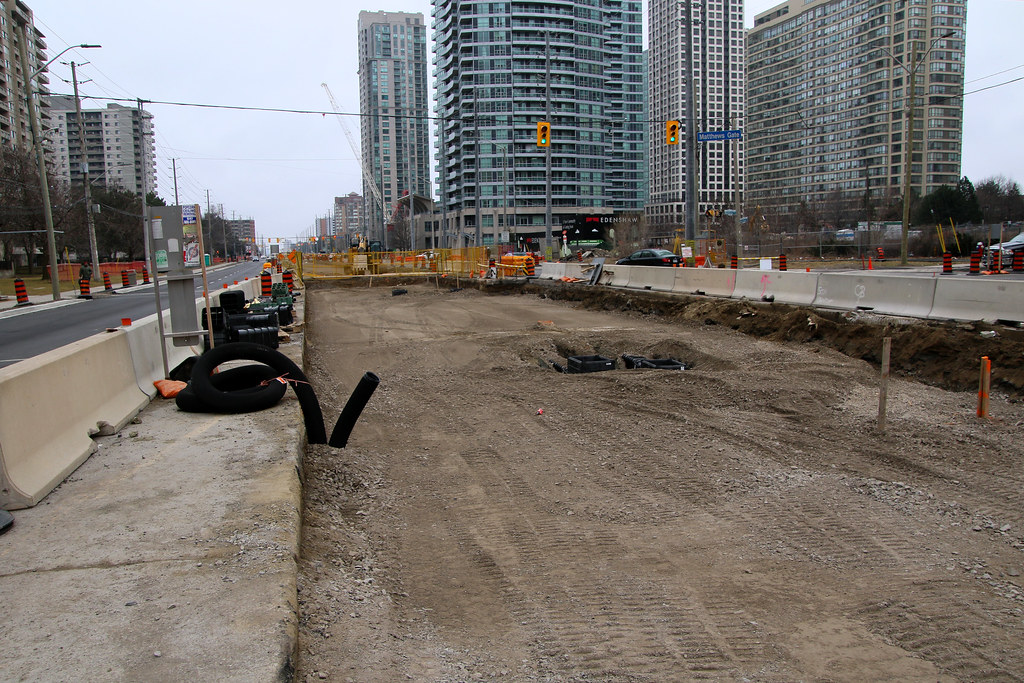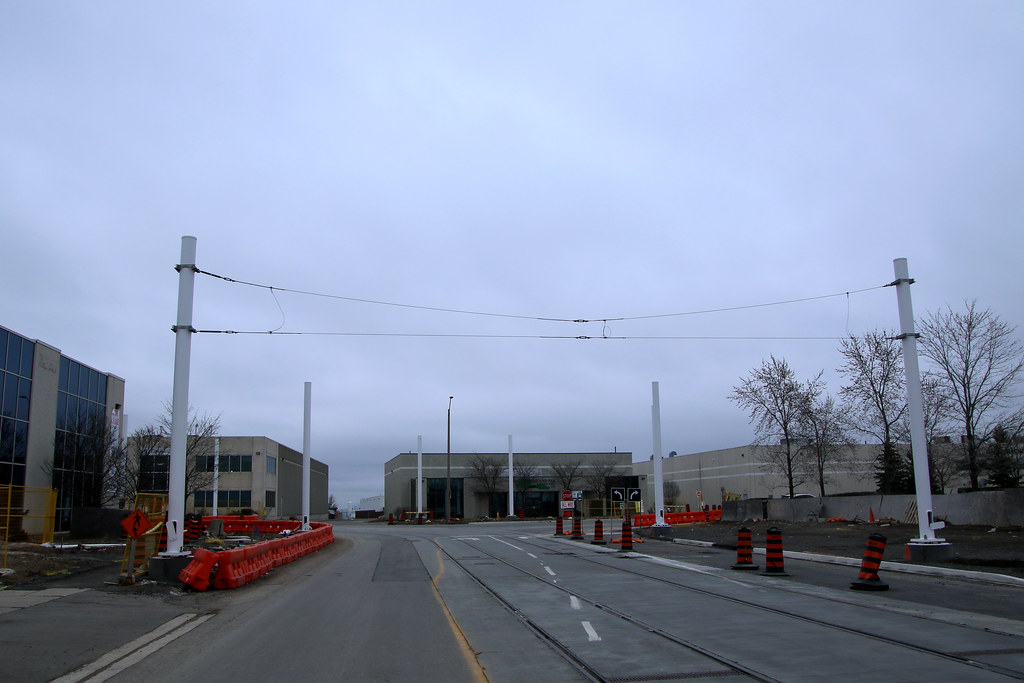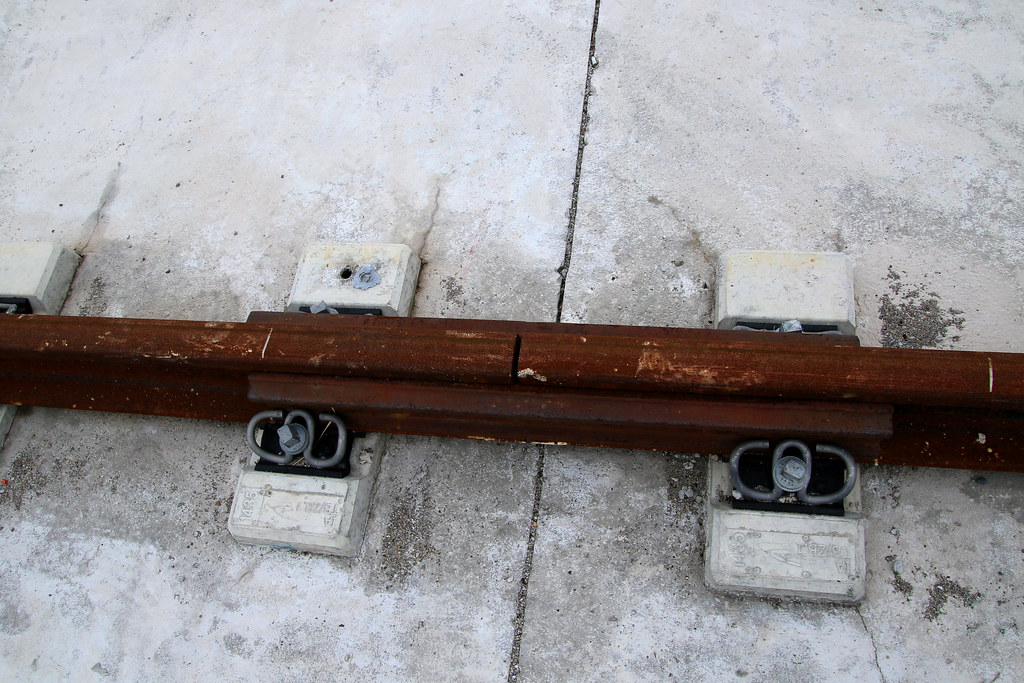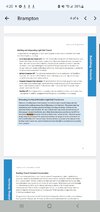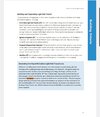March 03 (22)
Most of the 312 photos I shot that day are now are up on my site with the rest to follow shortly. Most of the photos were shot block by block as noted from Britannia Rd to the Hwy 407 terminal that show the state of the guideway.
March 15
The photos for this day will be up shortly and are of the two intersections seeing guideway being built across them.
March 22
Working on the photos have been on my backburner as well shooting the line, let alone other things
Since I will be in Pittsburgh next week, I decided to look at the line to the point I haven't missed much except for a few areas.
The east wall of the Port Credit Station is in various stages been built above the roof of the station and saw nothing else.
Englewood Intersection is in the process of having construction traffic lights installed.
Southbound traffic is using a northbound lane as the southbound lanes get widened as well move to the west south of Mineola to the traffic light.
Traps are on both sides of the new northbound underpass for the QEW to say concrete road and sidewalk being pour.
Work still taking place for the southbound curb lane from King St to south of the Queensway. This keeps pushing the building of the guideway down the road than the plan Jan 8 date.
Matthew Gates guideway completion date has been pushed to April 3 from March 28 considering the weather hasn't play any issues to delay it. Tracks are in place and waiting for forming and concrete to be poured.
Like Mathew Gates, Robert Speck Intersection will be completed on April 5, not March 28.
Looks like concrete has been finally poured for Matheson Station considering it been ready for a year.
The Hwy 401 overpass is seeing the deck repair before any trackwork can take place as well the expansion joints.
All the missing OS poles from Hwy 401 to Derry Rd have been installed to the point they all have brackets for the OS as well several tension systems in several place.
Derry Rd station is still unfinished, and I guess they are waiting until April to not only to finish it, but to start on the next one.
The biggest surprise was seeing trackwork in place from the crossover to Topflight including the guideway.
Support wires being strung from poles to poles for Topflight and Edwards Dr intersection.
Expansion Joint
